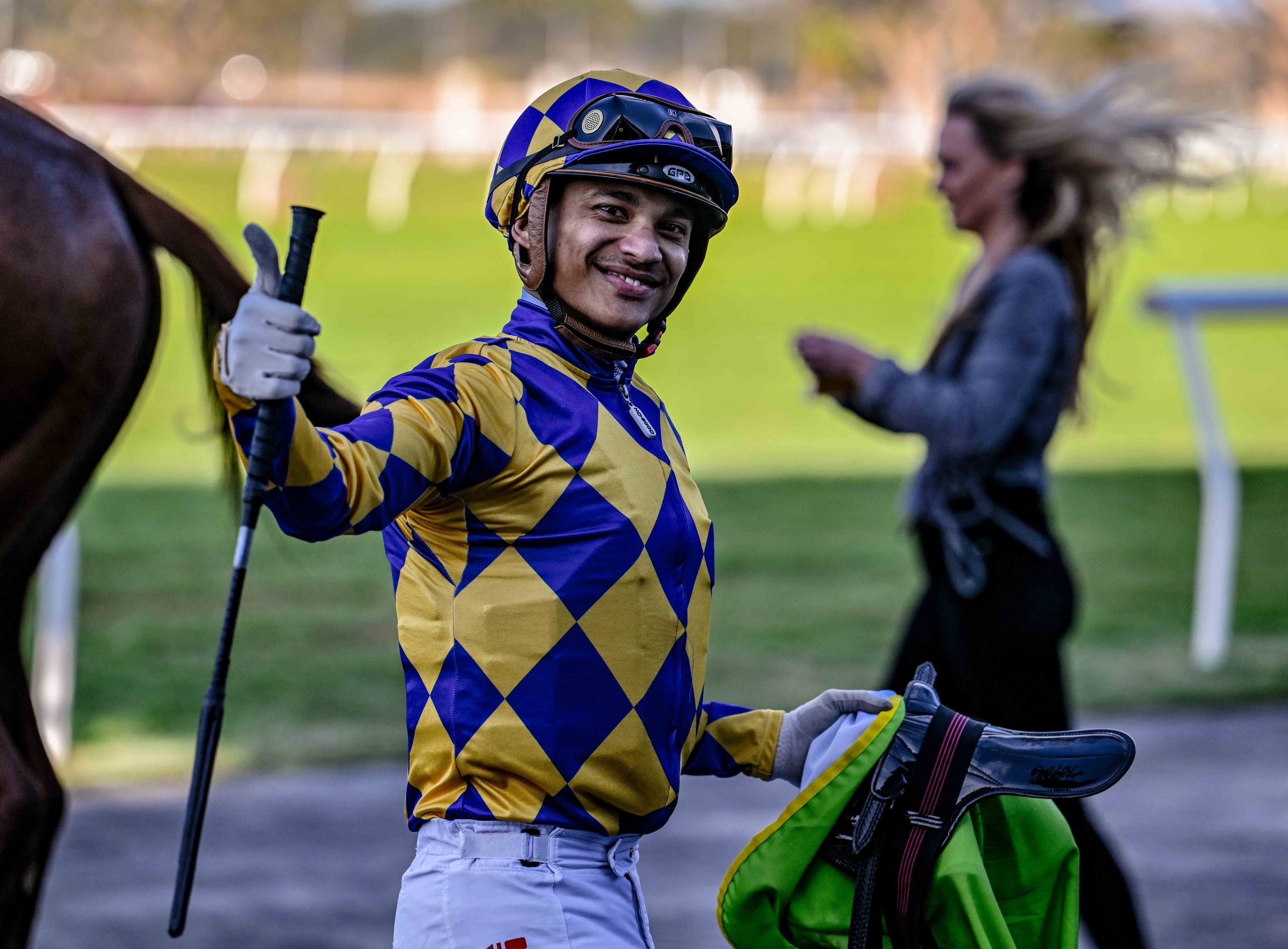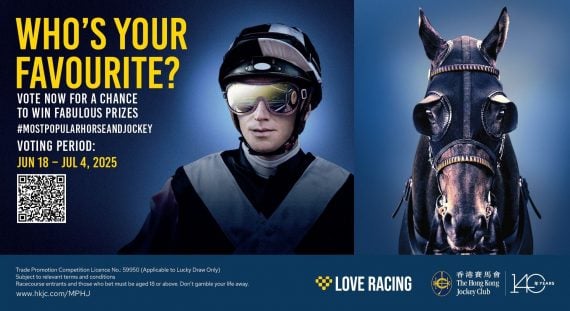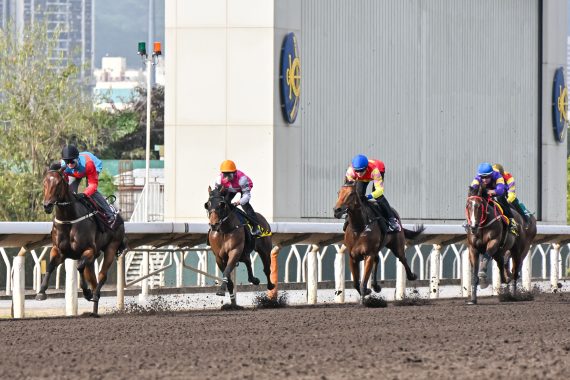The British Flat jockeys’ title race has been significantly shortened under a new system designed to make it more attractive to both jockeys and sports fans.
The championship has in the past followed the turf season, starting with the Lincoln meeting and ending with the November Handicap, both at Doncaster, but the new version which is being introduced immediately will start on Guineas day in early May and end on Champions Day in mid-October.
The effect is to lop eight weeks off the title race, potentially making it more enticing to a jockey like Ryan Moore, who is simply not interested in chasing low-grade winners at far-flung locations at the start and end of each season.
The changes also appear to reflect a widely held view that the Flat season starts rather slowly and peters out at the end. The end of April and the end of October now appear to have been conceded as times when jump racing is the dominant branch of the sport.
Actual prize money is now offered by the new championships, soothing what was rather a sore point for those who competed for the title in previous years. The champion jockey will win £25,000, the runner-up £10,000 and there is money, too, for the top apprentice (£5,000), the all-weather champion (£10,000) and whoever rides most winners in the calendar year (£15,000).
A prize of £2,000 will be awarded each month to whichever jockey has most impressed a panel, providing an opportunity to reward riders who could not hope to land the top awards.
The title of champion owner will also be determined by results from the Guineas to Champions Day but no similar agreement could be reached with the trainers. Their championship will continue to run, jarringly, from mid-November to mid-November, though Great British Racing, which has been the driving force behind these changes, hopes to bring trainers into line at some point.
Richard Hughes, the reigning champion jockey and now entering his final year in the saddle, described the changes as “good progress” that would make the title “less of a slog for the lads in the weighing room”. Frankie Dettori, a former champion, said: “Racing needs to make more of us jockeys and the rivalry between us to engage the public. I believe it will heighten the intensity of the competition.”
Doncaster could be called the biggest loser under the changes, since at least two of its meetings will lose a great deal of significance but Tony Kelly, the managing director of the Arc group that owns Doncaster, said Arc supported the changes and hoped they will benefit the whole industry.
There was criticism from the trainer Mark Johnson, who predicted that the most high-profile jockeys would now ride in Britain for only six months of the year, leaving in early October. “Another great idea from the folks at Racing For No Change,” he concluded.
www.the guardian.com











